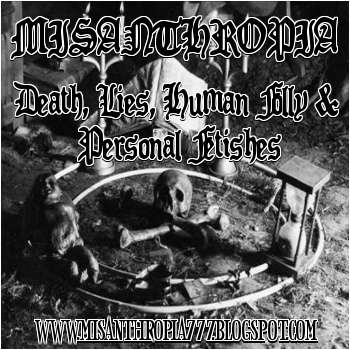The Electric Gun
The idea of an Electric Gun was proposed by the Nazis as a long distance weapon. The huge gun would have been able to fire 750 six-inch shells a minute at a target 90 miles away. Ammunition was to be fed by an automatic conveyer and when fired, solenoids or coreless electromagnets would magnetically pull the missile and send it on its way. The solenoid would then go dead and a new one would take its place, pulling the next missile out and so on.
Although on paper the Electric Gun seems like a weapon with awesome potential, it was totally impractical so never made it past the proposal phase. Useless against smaller targets like ships or troop concentration due to the long range, its main use would have been for bombardment of large scale targets such as cities but the aeroplanes already in use were much better suited to this task.
The Goliath Tank Buster
The Goliath Tank Buster was a remote controlled tank-shaped vehicle designed during the war by German scientists. It was about four feet long, two feet wide and roughly a foot in height and was packed with 75 kg of high explosives, enough to blow up a tank or demolish a building. Once the unfortunate target was established, the vehicle was guided by an engineer, and once in the right position, for example under a tank, the explosives would be detonated and destroy the target.
They were used mostly by specialized Panzer and combat engineer units of the Wehrmacht and were seen on the beaches of Normandy on D-Day June 6th, 1944, although most were quickly rendered inoperative due to damage from artillery blasts

Fire Balloons
In 1944, the Japanese Imperial Army released over 9,000 air balloons filled with bombs and/or incendiaries and aimed them at US and Canadian cities, forests and farmlands. They were intended to wreak havoc, causing explosions and widespread fire but only around 1,000 of the balloons actually made it to their intended targets.
Despite the high hopes of the weapons, only six people were killed as a result of their deployment and they only managed to inflict a small amount of damage. The Americans made sure that none of the damage that was caused was reported so the Japanese only heard about one incident, that of a balloon reaching Wyoming and causing no harm at all. The Japanese soon realised the ineffectiveness of Fire Balloons and discontinued their use after less than six months.

Railway Guns
Railway guns are large pieces of artillery placed on rail tracks and used for long range bombardment. Although they were first used in the 19th century, the ones designed by the Krupp weapons manufacturers in the 1930s and used in WW II deserve special mention as they were quite simply massive.
The biggest were the largest two artillery pieces ever used in combat and were known as ‘Schwerer Gustav’ and ‘Dora’. They weighed around 1,350 tons and could fire 7 ton shells up to 37 kilometers (23 miles) away. Gustav was eventually captured by and destroyed by US troops and Dora was destroyed by the Germans to avoid it falling into enemy hands.
Artillery guns were capable of firing across the English Channel and were designed to destroy heavily fortified positions. However with the rise of the aeroplane there usefulness became limited as they were easily destroyed from the air and similar damage could be inflicted on the enemy with the much cheaper and effective fighter and bomber plains. As a result, the Second World War was the last time Railway Guns were to be used

Fritz X Guided Bomb
From: http://www.weirdworm.com/4-weird-weapons-of-world-war-ii-the-axis-powers/











 "He who can, does. He who cannot, teaches."
"He who can, does. He who cannot, teaches."



 "Being is substance and life; life manifests by movement; movement is perpetuated by equilibrium; equilibrium is therefore the law of immortality.
"Being is substance and life; life manifests by movement; movement is perpetuated by equilibrium; equilibrium is therefore the law of immortality.


 "The doctrine of equality!... But there exists no more poisonous poison: for it seems to be preached by justice itself, while it is the end of justice.... "Equality for equals, inequality for unequals" that would be the true voice of justice: and, what follows from it, "Never make equal what is unequal."
"The doctrine of equality!... But there exists no more poisonous poison: for it seems to be preached by justice itself, while it is the end of justice.... "Equality for equals, inequality for unequals" that would be the true voice of justice: and, what follows from it, "Never make equal what is unequal."



No comments:
Post a Comment
Note: Only a member of this blog may post a comment.